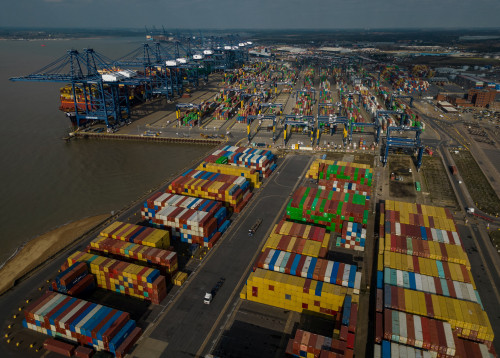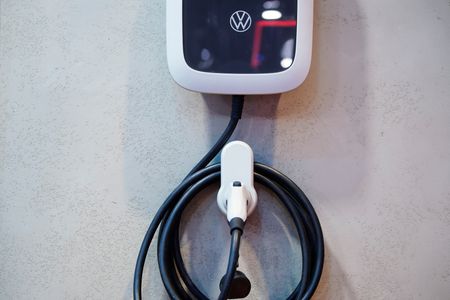 1
1 1
1

SHANGHAI/BEIJING (Reuters) -Volkswagen’s China chief said its goal of more than doubling its sales of ID electric vehicles (EV) “looks promising” this year as the German carmaker ramps up electrification efforts to retain the top position in its biggest market.
VW is expecting to deliver 15,000 to 20,000 of the highly automated “intelligent design” cars per month in the upcoming months, Stephan Wollenstein, the company’s China CEO told a media briefing on Friday.
“We hope that we can also get the necessary parts in place,” Wollenstein said. “By doing so, we will then be able by the end of the year to have sales of IDs more than double compared to last year.”
The kings of the combustion age — legacy automakers from Europe, the United States and Japan — are falling behind local players in the booming EV market in China, a country that is key to funding and developing their electric and autonomous ambitions.
Volkswagen is no exception to that trend, even as the German automaker tries to set up efforts in electrification with the launch of its Volkswagen ID Series of pure electric vehicles last year.
The German carmaker first set out the target in January of doubling sales of its ID battery EVs in China this year from the 70,000 units it sold in 2021.
While suffering disruptions from recent COVID lockdowns in its major manufacturing sites, it sold nearly 60,000 ID EVs in China in the first six months this year, according to data from China Association of Automobile Manufacturers,
Yale Zhang, head of Shanghai-based consultancy Automotive Foresight, also expected VW to reach its goal with a full-year volume of 150,000 to 200,000 ID vehicles by year’s end.
“But that’s really nothing to write home about for VW China,” he said, noting that the German automaker has five ID models in showrooms in China right now and may add another before year’s end, which in total would be doing volume that Tesla generates with just one model.
“No one at Volkswagen should be happy about that.”
(Reporting by Zhang Yan, Norihiko Shirouzu; Editing by Kirsten Donovan and Kim Coghill)